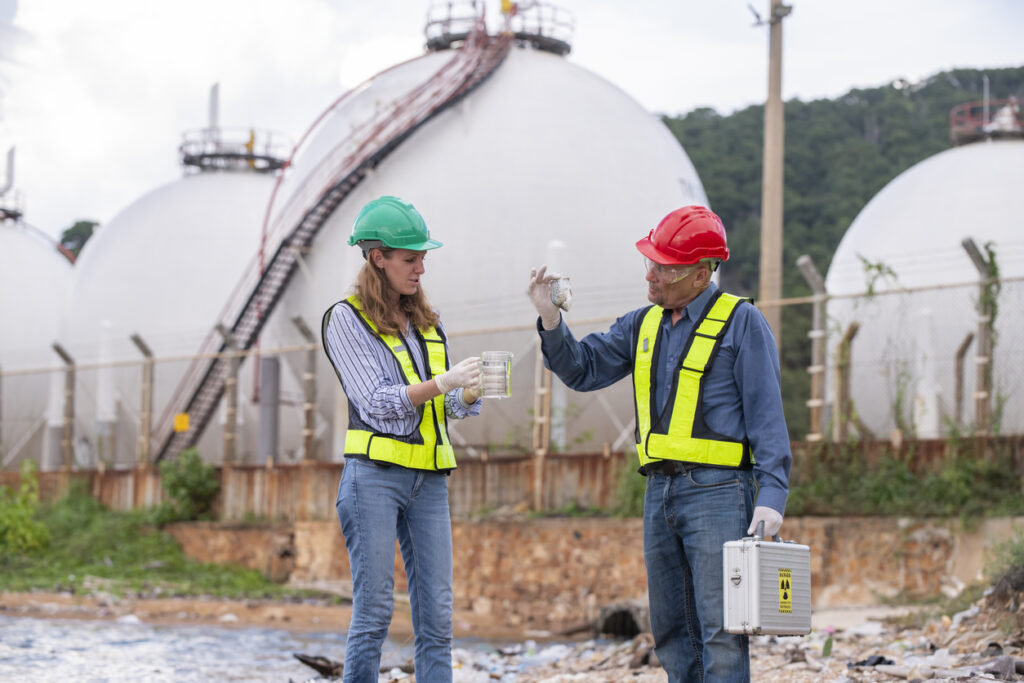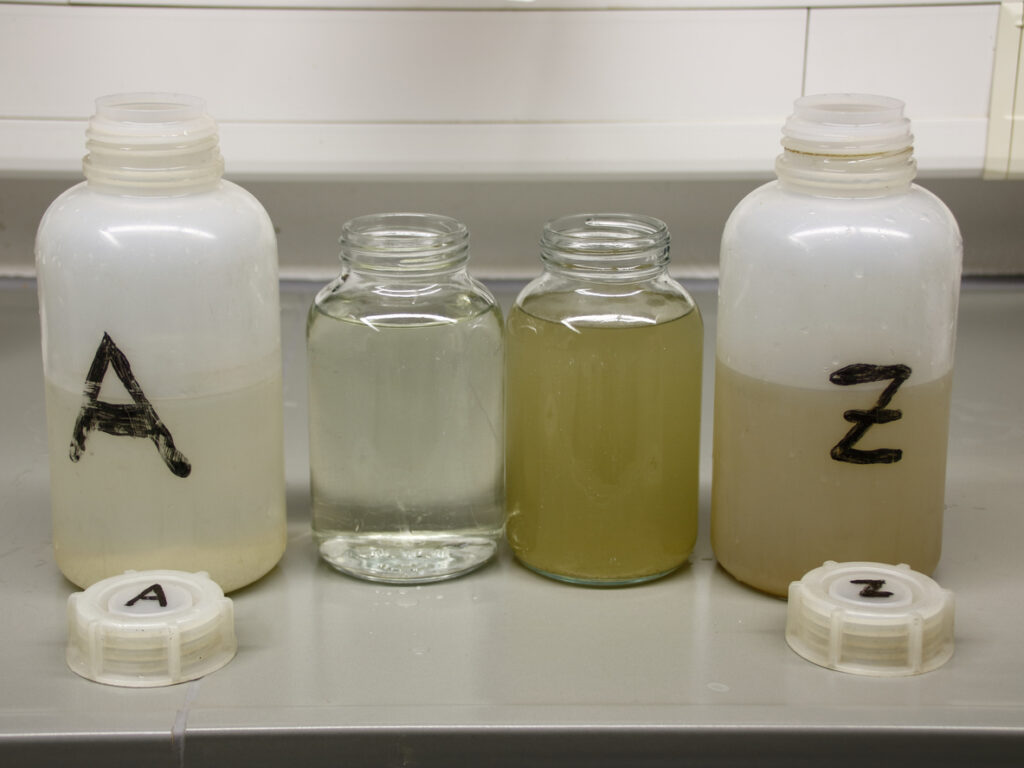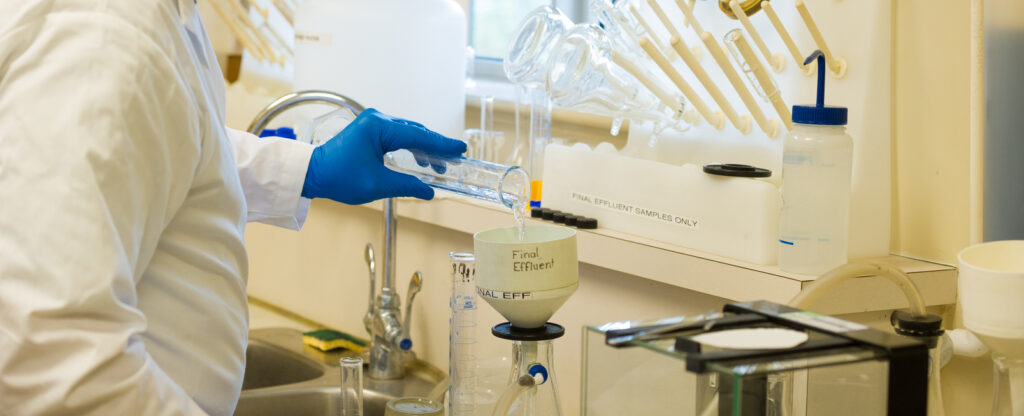Laboratory Service
Laboratory measurement of environmental parameters in the paper industry and Effluent Treatment is critically important because paper manufacturing is resource-intensive and generates significant environmental impacts.
Careful monitoring through lab testing ensures compliance, efficiency, and sustainability.

Meri provides the experienced Laboratory Services securing the following advantages:
1. Regulatory Compliance
- Paper mills discharge large volumes of wastewater, emit air pollutants (SO₂, NOₓ, particulates), and generate solid waste.
- Environmental agencies require industries to meet standards for effluent quality, stack emissions, and waste disposal.
- Laboratory measurement of parameters like BOD, COD, TSS, pH, heavy metals, SO₂, NOₓ, and particulate matter ensures operations meet legal discharge and emission limits.
2. Pollution Control
- Lab testing provides accurate data on pollutants before and after treatment.
- Parameters such as BOD (Biological Oxygen Demand), COD (Chemical Oxygen Demand), and TSS (Total Suspended Solids) indicate the efficiency of effluent treatment plants (ETPs).
- Monitoring air parameters like particulate matter and gaseous pollutants ensures air pollution control equipment (electrostatic precipitators, scrubbers) is working effectively.
3. Resource Optimization
- Water, energy, and chemicals (chlorine, bleaching agents, alkalis) are heavily used in paper production.
- Measuring pH, conductivity, and chemical residues helps optimize chemical dosing, reduce wastage, and cut costs.
- Monitoring water hardness, temperature, and flow improves process efficiency.
4. Worker & Community Health
- Laboratory measurement of air quality (dust, SO₂, chlorine, etc.) ensures workplace safety and minimizes exposure risks.
- Noise levels and odorous emissions can also be monitored for worker and community well-being.
5. Sustainability & Environmental Responsibility
- The paper industry is often criticized for its ecological footprint.
- Regular lab analysis supports ISO 14001 Environmental Management Systems and sustainability reporting.
- Monitoring helps industries adopt cleaner production practices (e.g., elemental chlorine-free bleaching, water recycling).
6. Early Problem Detection
- Continuous lab measurement helps detect changes in process water quality, untreated effluents, or rising pollutant loads.
- This enables preventive action before issues escalate into violations, equipment failures, or community complaints

